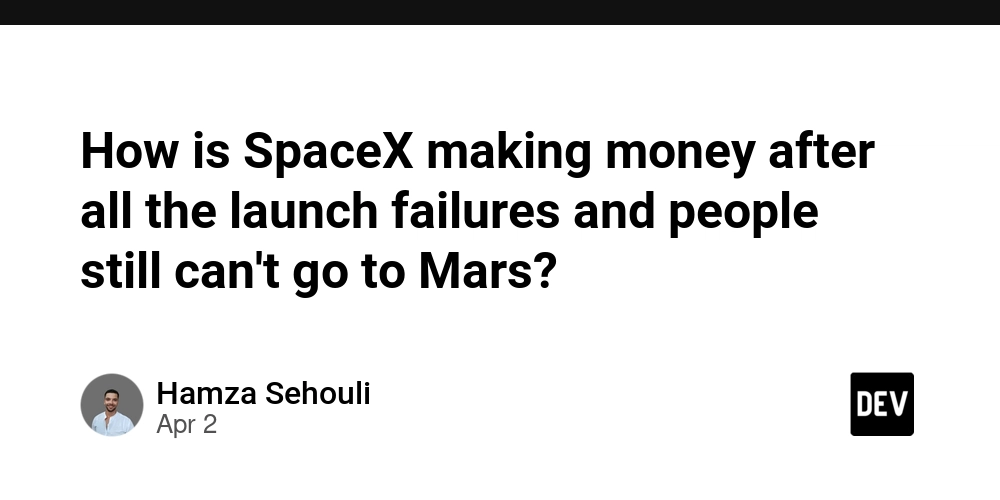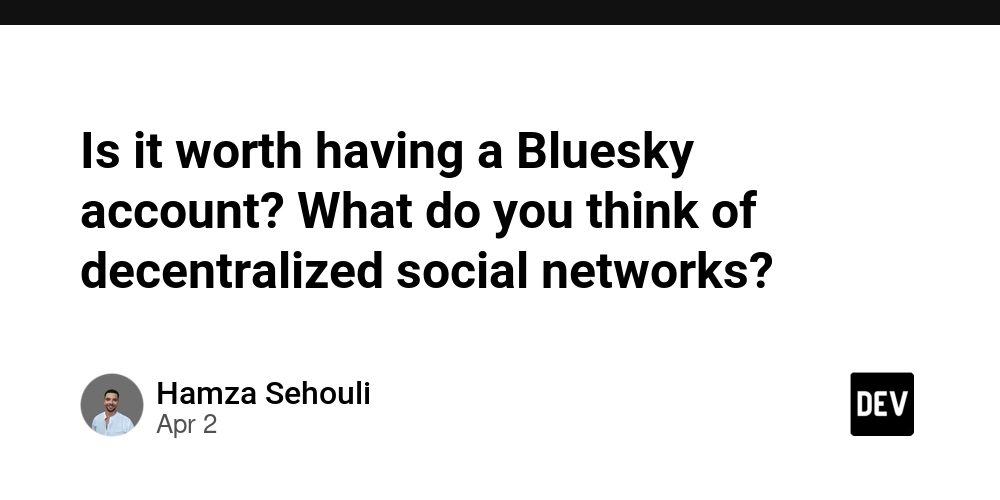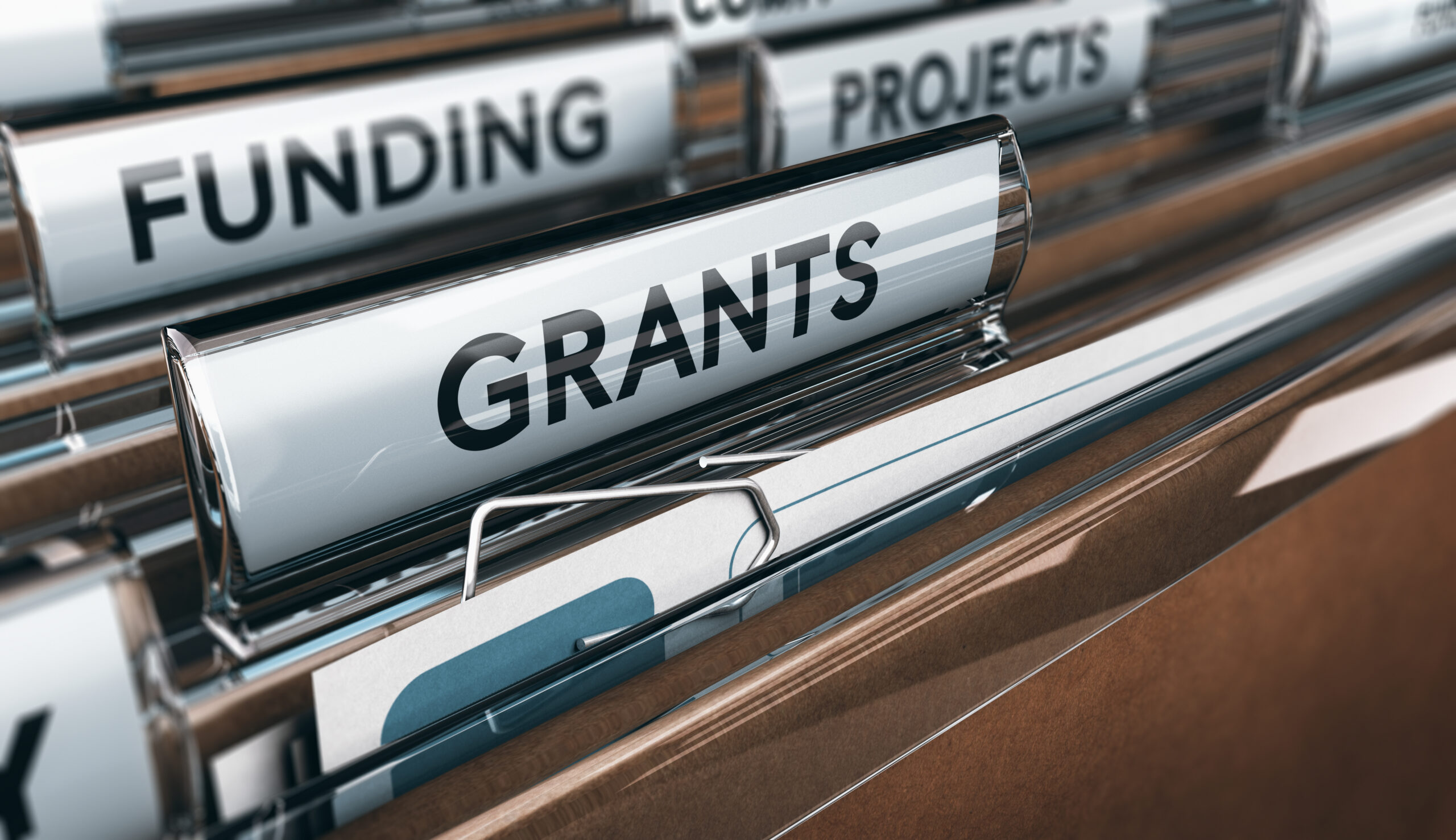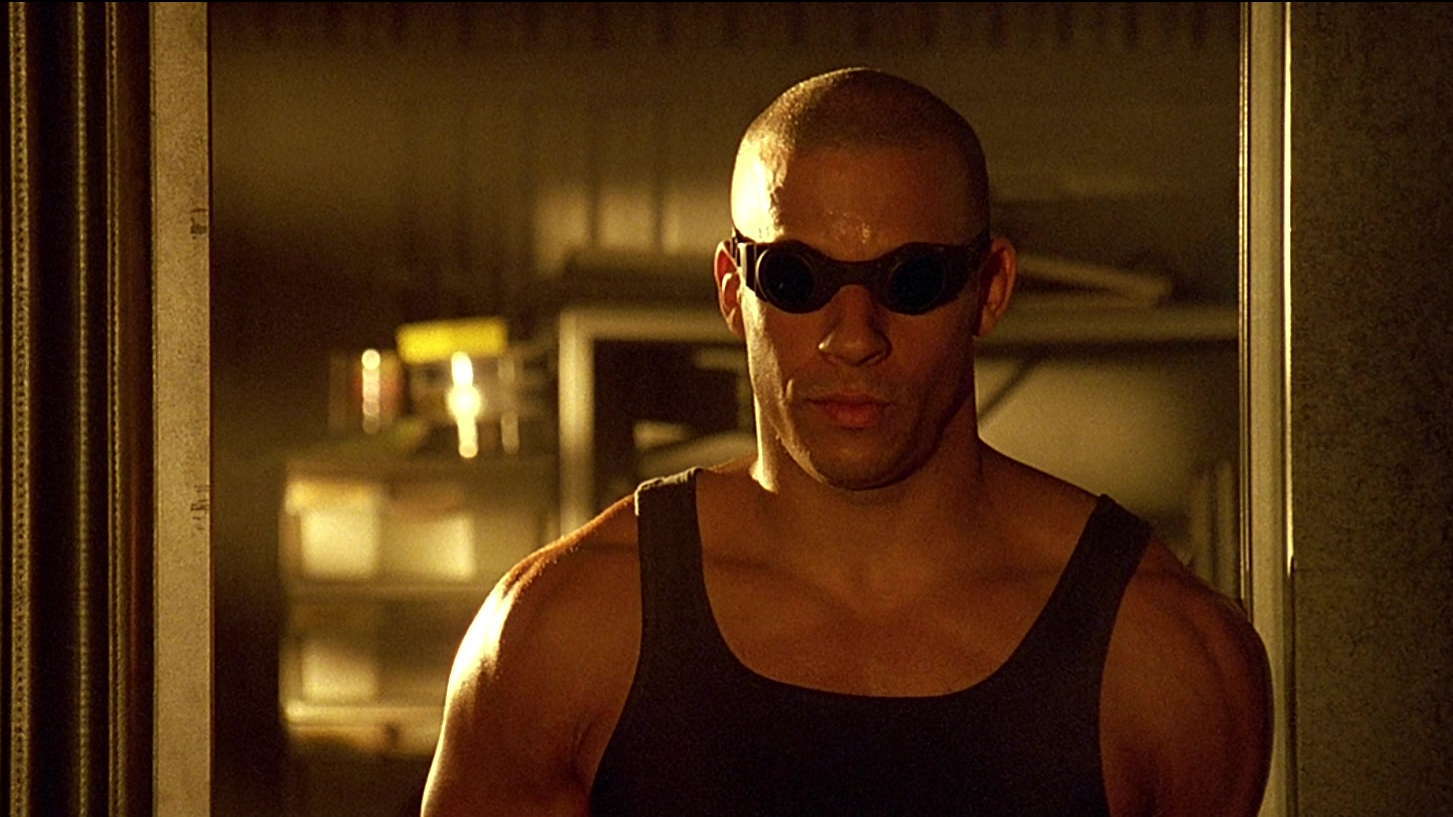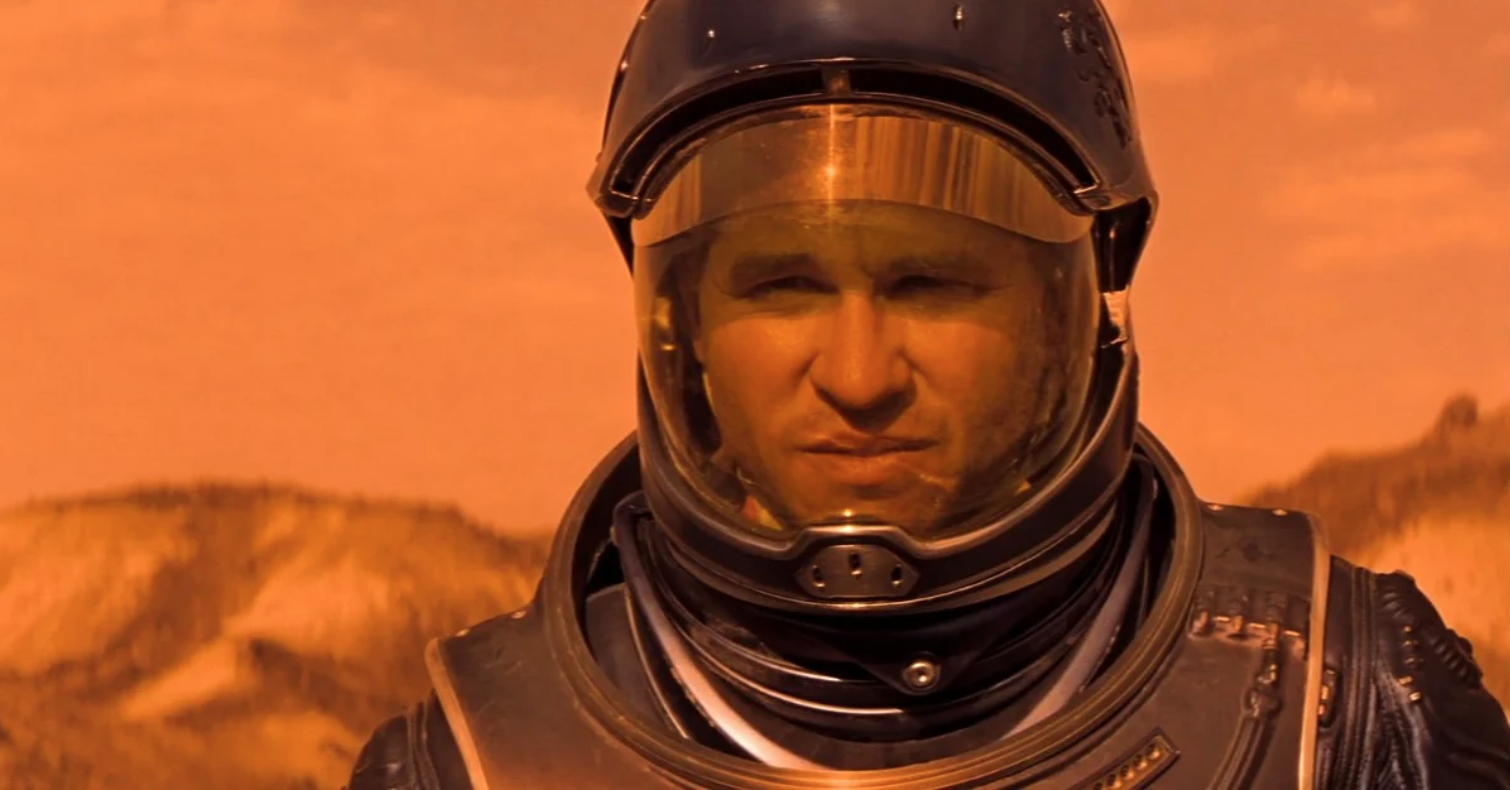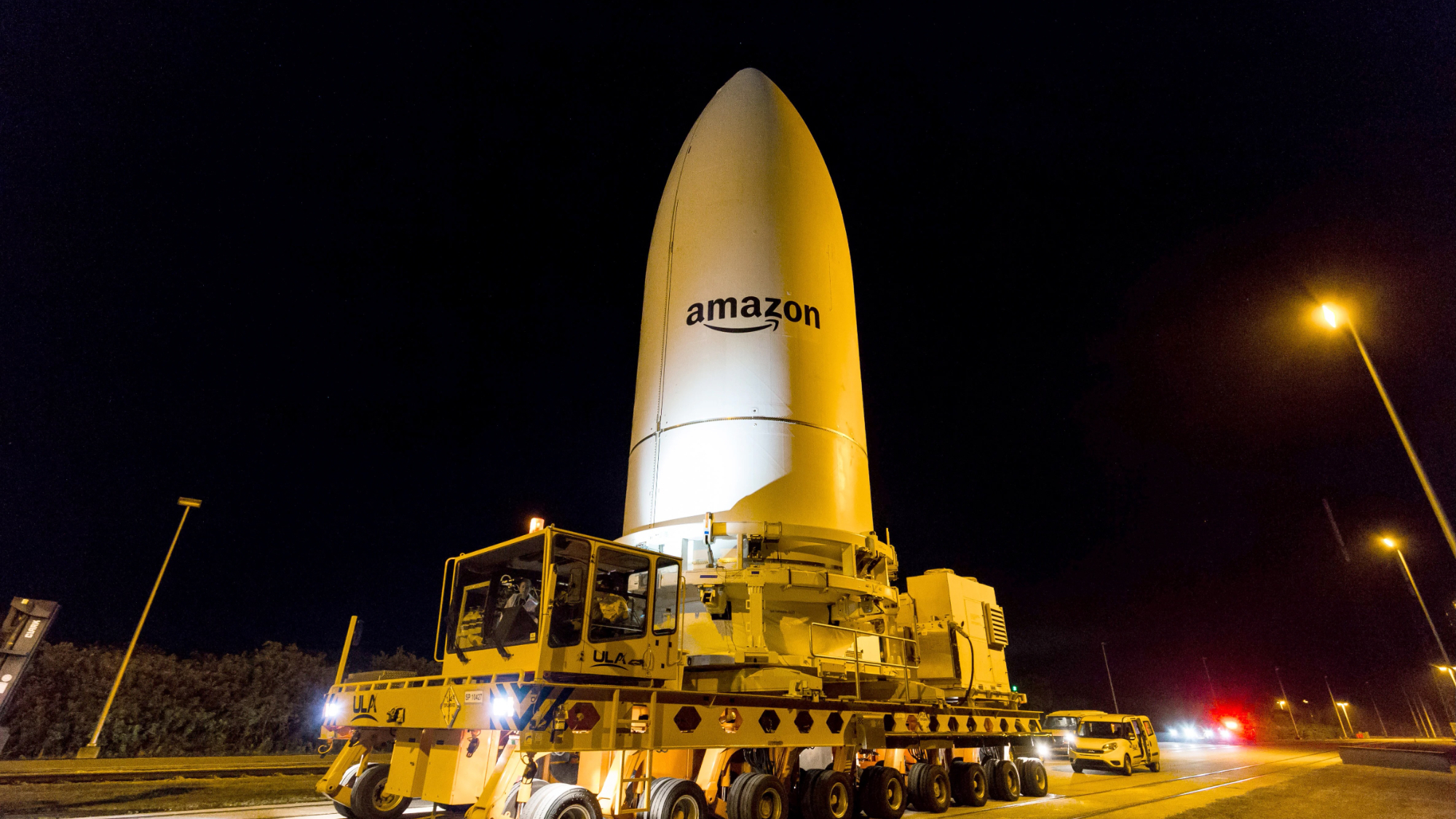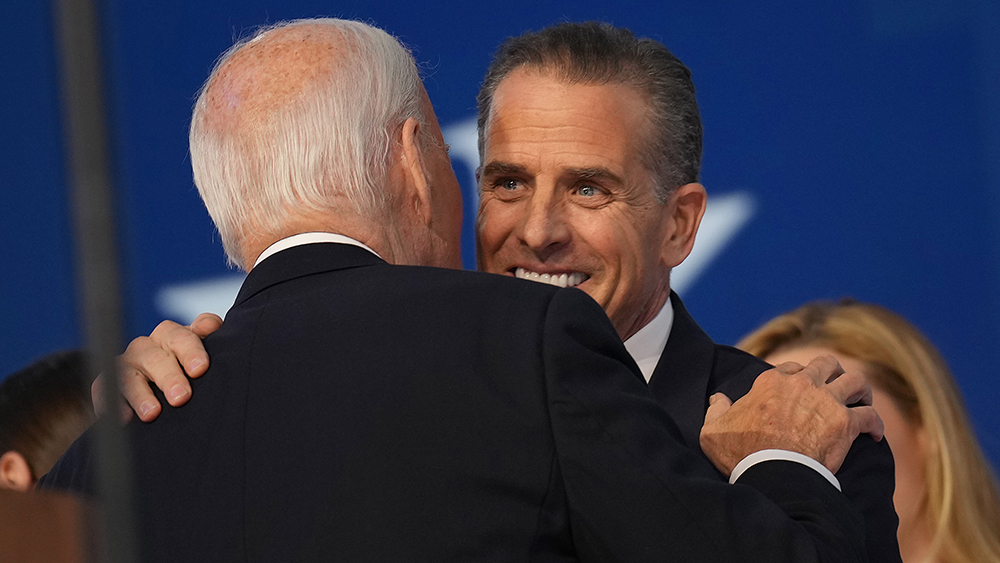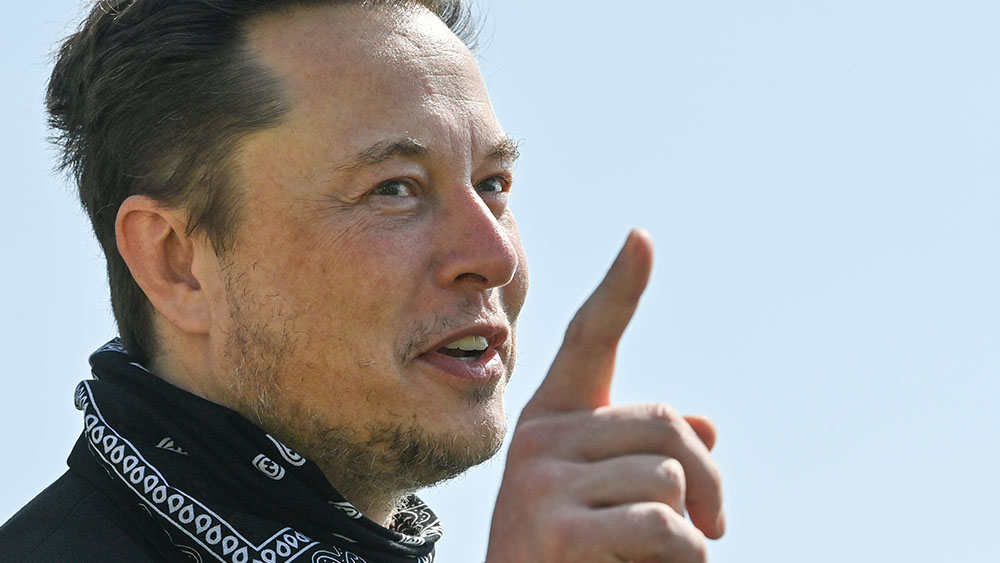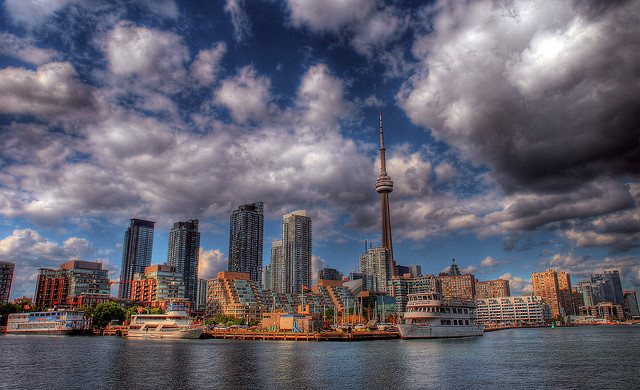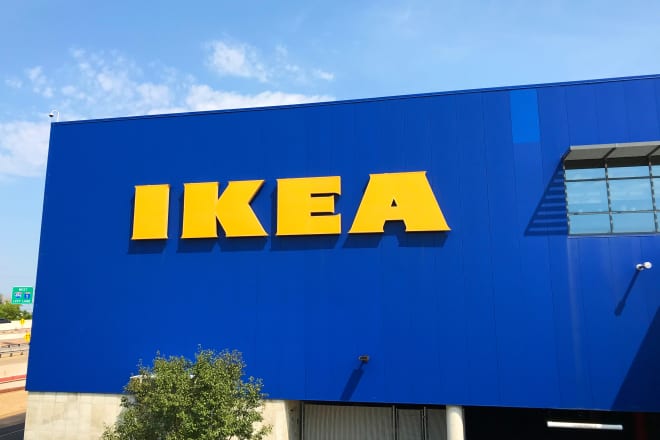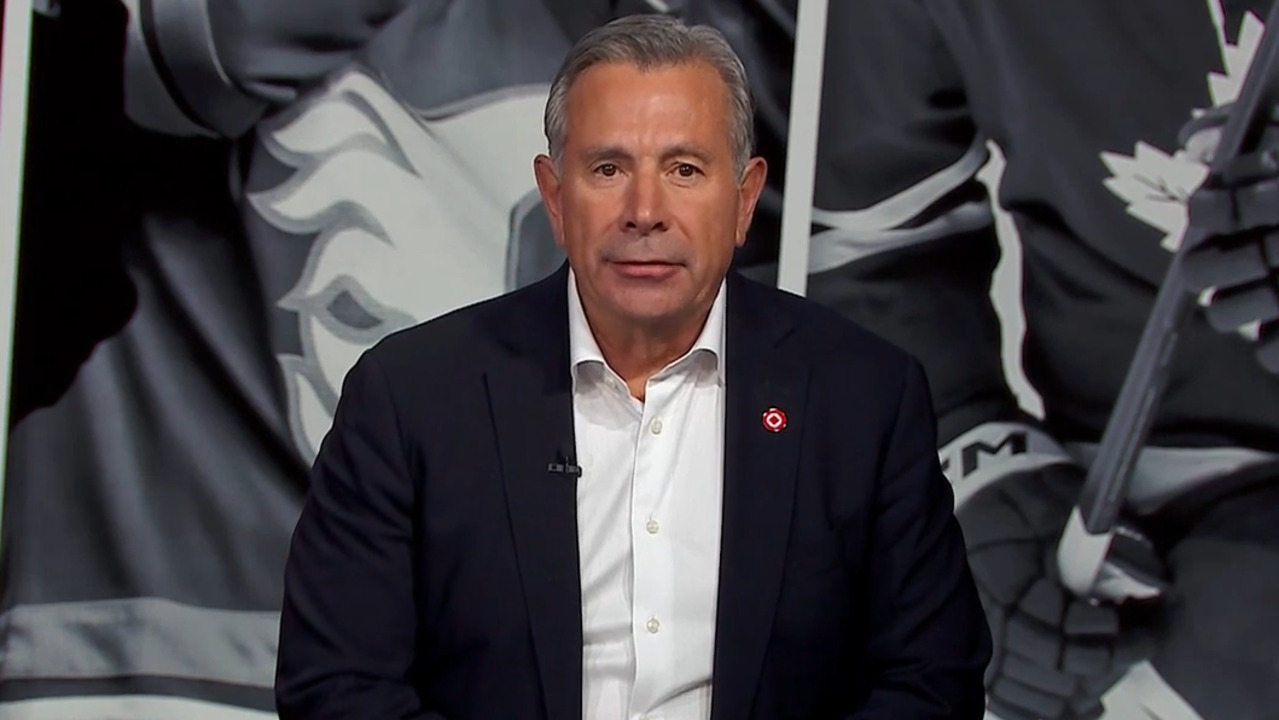‘We’re just hanging on for dear life’: How CEOs are navigating increasing geopolitical uncertainty.
Also: Putin unbothered by Trump’s push for Greenland, Musk responds to car tariffs.

- In today’s CEO Daily: Diane Brady on how CEOs deal with increasing geopolitical uncertainty.
- The big story: Putin signals he will not oppose the U.S. taking over Greenland.
- The markets: More pain to come.
- Analyst notes from WARC on global ad spend, Wedbush on Gamestop’s Bitcoin plan and auto tariffs, Goldman Sachs on gold.
- Plus: All the news and watercooler chat from Fortune.
Good morning. Many of us built our careers in an environment where the U.S. was a dominant and stable player in the global economy. It has been a magnet for talent and a home to brands that are popular and produced worldwide. That’s giving way to a more volatile and multipolar world, in which leaders need new political skills.
We convened a group of CEOs yesterday, in partnership with Boston Consulting Group, to share perspectives on how they’re managing differently. Nikolaus Lang, who heads the BCG Henderson Institute and chairs its Center for Geopolitics, notes that “companies need to build up a geopolitical muscle around talent, functions, and processes.”
That’s become even more of an imperative in recent weeks as U.S. policy takes a new direction, with Vice President JD Vance’s speech at the Munich Security Conference providing “the clearest wakeup call,” says Lang, that old rules and alliances are no longer a given.
Here are edited highlights of what some of the CEOs had to say:
Marc Casper, Thermo Fisher Scientific: Government relations, in normal times, is a relatively modest use of time. Building relationships for the longer term is the way I've always thought about it. This has been a super active time. In the U.S., it's largely been about educating the administration on the implications of some policies and, with Congress, it’s about what's important fundamentally to U.S. competitiveness. You can't make changes until you know what's likely to stick, so you reduce costs as appropriate. In a regulated industry, you cannot do things particularly quickly.
Christiana Riley, Santander U.S. We are the eurozone's largest bank by market cap and amongst the largest consumer banks globally, representing 173 million customers across the 12 markets. We're going through a major investment cycle in building new digital banking capabilities. We continue to see opportunity, both in a hard-currency market such as the U.S. and in the higher-growth developing markets where we have leading franchises in Mexico and Brazil. But it's been a real roller coaster operating in a global organization.
Arjun Sethi, Kraken: It's not about what the rules are going to be. It’s just that there are rules of the road that you can sort of adhere to, so that there's market stability. But some regulatory clarity creates instability. For example, in our venture capital, public and private markets, we've just retreated 100% from Europe. And the U.K. is on the cusp as to whether we're going to deploy capital there or not. In Argentina, we retreated, but we're still in Brazil. We're still in India. We're still in Israel. China, we're still in but it’s sort of 50:50.
Jonas Prising, ManpowerGroup: With barriers to trade, the work that comes back is different from the work that left. Employers are rational. They need to compete on price and will automate to the highest degree possible. This accelerates the cooling of labor markets and it always flips the fastest in the U.S., which has fewer structural barriers to maintaining employment. Europe was struggling economically prior to this and this is just going to make it worse. From the Asia and Latin perspective, we're seeing good growth. Work can move to talent today, and will be able to move much, much, easier in the future. We're just at the beginning of this flow.
Matt Gline, Roivant Sciences: There was a meme a while ago about a cat that crawled on to the wing of an airplane. The cat was okay but there's a video of the cat clinging to the wing until they managed to land the plane. We're definitely the cat in that scenario. We're just hanging on for dear life, waiting to see where it all goes.
More news below.
Contact CEO Daily via Diane Brady at diane.brady@fortune.com
This story was originally featured on Fortune.com












